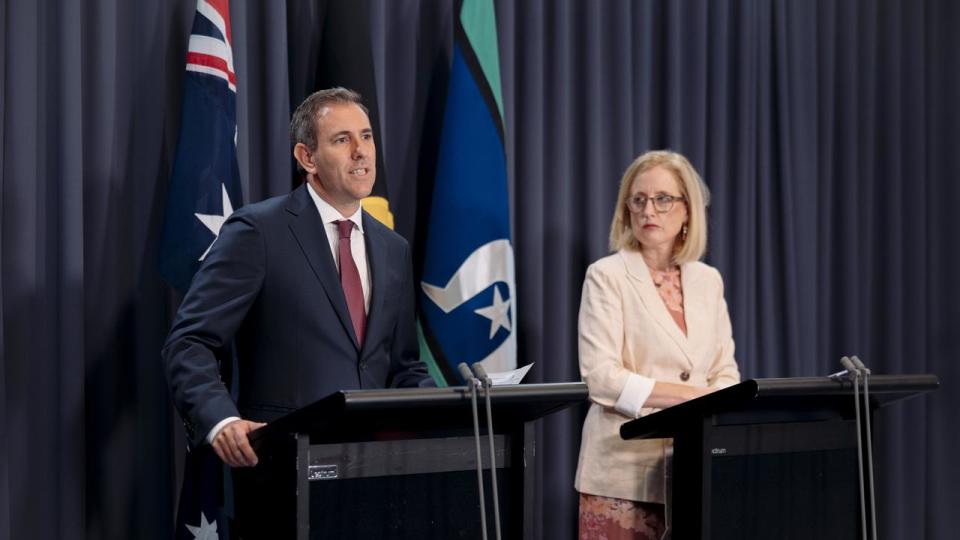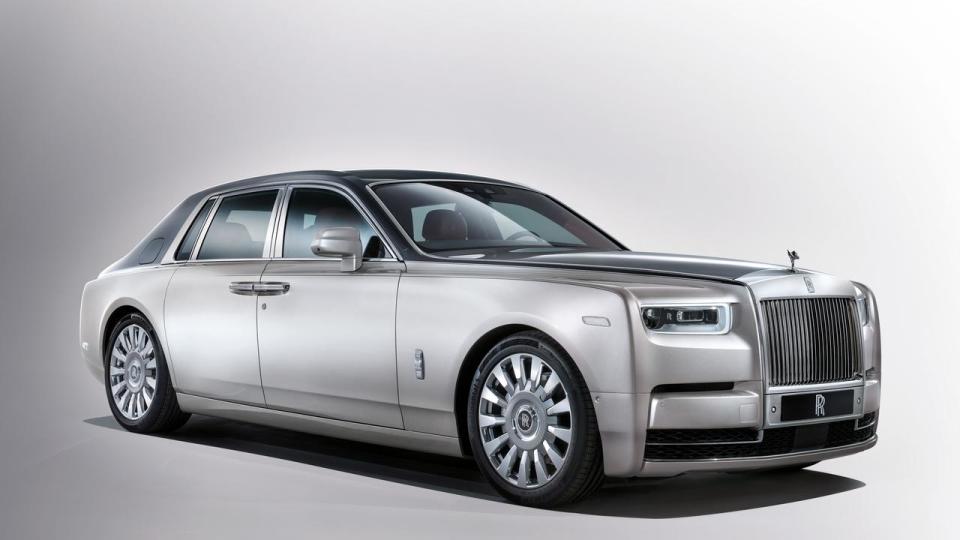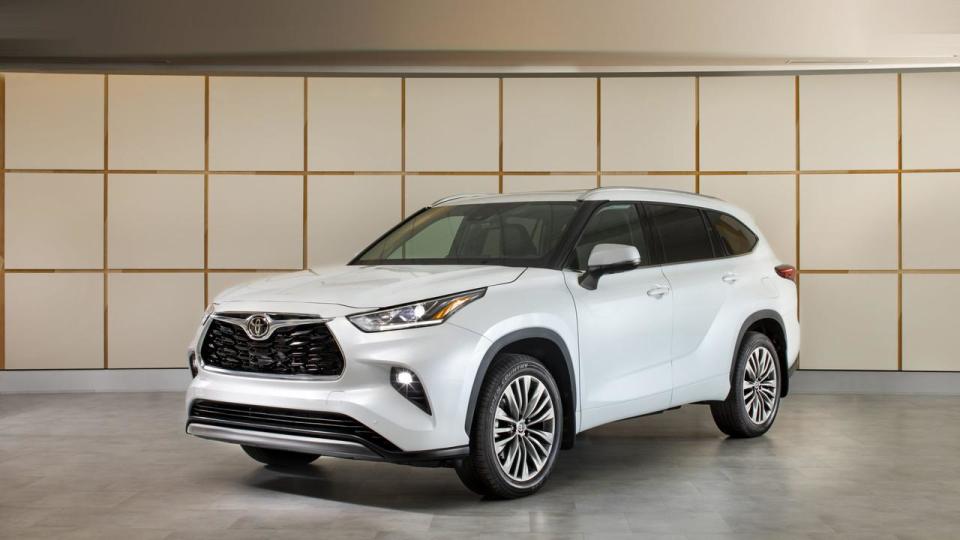Popular family cars caught up in tax hike

Drivers planning to purchase popular family car models including the Toyota Kluger and the Mazda CX-60 could be forced to fork out thousands more in taxes under changes announced to encourage motorists to take up more fuel efficient vehicles.
While most cars are not currently subject to the Luxury Car Tax (LCT), changes to fuel efficiency standards announced by the federal government on Wednesday will force consumers to pay the tax on a number of previously exempt cars.
Under the LCT, if a car is deemed fuel efficient, the threshold at which the tax is applied to the vehicle is higher, at $89,332. However, if the vehicle doesn’t comply with efficiency standards the threshold at which the tax applies is lower, at $76,950.
The change will “modernise” the LCT by increasing fuel efficiency standards such that more cars will be subject to the lower threshold for fuel efficient vehicles, therefore hiking the tax paid.

From the 2025-26 financial year, the definition of a fuel-efficient vehicle under the Luxury Car Tax will be halved from a maximum consumption of 7L per 100km, to just 3.5L per 100km.
The change means electric or plug-in hybrids are likely to be among the only vehicles eligible to comply with new fuel efficiency standards, while models including the Kluger and CX-60 will no longer be exempt from the LCT.
Additionally, the LCT threshold will be indexed against how much prices for cars change on average, rather than the standard measure of inflation, CPI.
According to the government, the changes are designed to encourage greater take-up of fuel-efficient vehicles, consistent with the Australian Government’s National Electric Vehicle Strategy.
“This measure is part of the Australian Government’s commitment to reduce greenhouse gas emissions by 43 per cent by 2030, and to achieve net zero emissions by 2050,” the outlook said.

According to treasury forecasts, the measure will generate a $155 million increase in revenue receipts after the it comes into effect through to June 30 2027.
Luxury vehicles are among the most fuel inefficient vehicles on the road, with a Rolls Royce Phantom consuming between 15.5-16.0L of fuel per 100km. A Mazda 2, by comparison, consumes just 5.3L.

Automotive industry representatives said the change was simply a tax grab by government.
Head of the Australian Automotive Dealers Association (AADA), James Voortman said the government should be encouraging Australians to buy low-emissions vehicles, rather than increase the taxes on them.
“These changes to the Luxury Car Tax have made a bad tax even worse,” Mr Voortman said.
“The best way the Government can use the LCT to achieve a 43 per cent reduction in greenhouse gas emissions by 2030 is by abolishing the tax altogether.”
Federal Chamber of Automotive Industries chief Tony Weber, said a more significant overhaul of the tax system was needed.
“If the Australian Government wants to modernise the LCT, they should remove it as part of true tax reform for the transport sector including consideration of a road user charge,” Mr Weber said.
“Australians need real tax reform, rather than tinkering at the edges,” Mr Weber said.

 Yahoo Finance
Yahoo Finance 